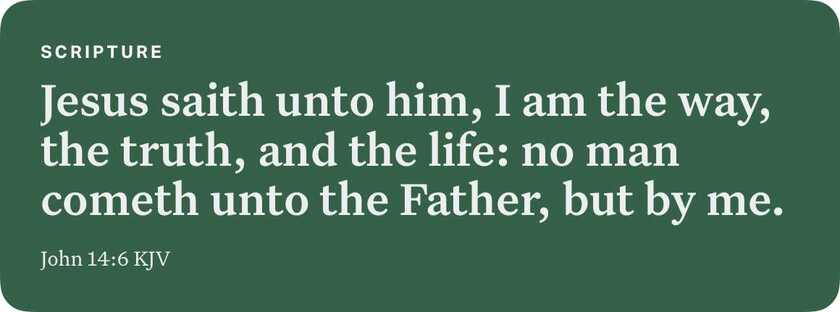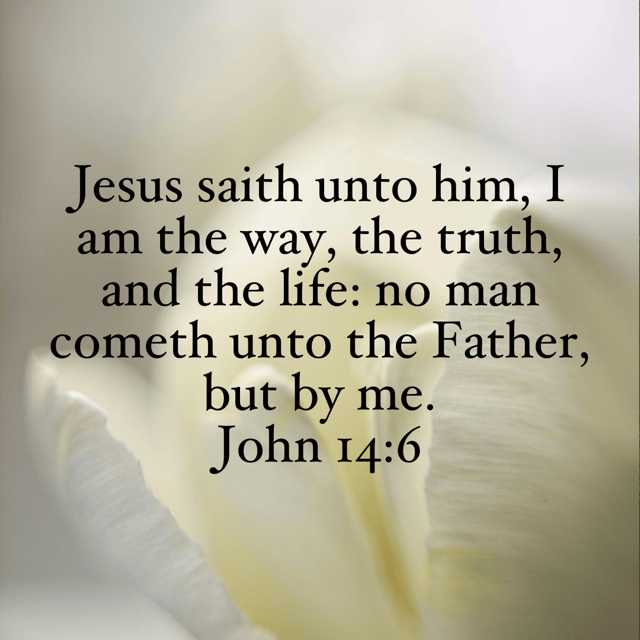I will share about Christian books I have read or listened to.
I will be sharing about my life before and after Christ. I will include stories about my pet and other pets I have encountered.
Breaking Down Barriers
Human beings tend to form groups, drawing close to people who think like us, act like us, or look like us. It gives us a sense of safety and belonging. But this also means we tend to build barriers. We place ourselves into categories based on culture, language, race.
Throughout history, religion—our practiced efforts to please God—has included some and shut out others. The results have been awful, because…
This is not the way of Jesus.
Before Jesus walked the earth, God chose the people of Israel to uniquely demonstrate His goodness to the nations. Outsiders could and did follow God, yet there was still a clear line of distinction between Israel and the other nations.
The book of Ephesians is the apostle Paul’s letter to the church in Ephesus. They’re struggling with issues of division and exclusivity. Paul explains that the division between the Hebrew people and the rest of the nations changed when Jesus came.
Jesus broke down the barrier that separated humanity from God, and the walls we built between each other.
Paul writes in Ephesians 2:18: “Now all of us can come to the Father through the same Spirit because of what Christ has done for us.”
That means every person is invited to come and know Jesus—His love, mercy, and compassion, and promises. Every person is invited to follow Him into eternity. There are no exceptions!
None of us earned this gift. Jesus reached out first. He loved us when we were lost, hopeless—when we didn’t even know we needed Him.
Consider this: Are you hiding behind walls that Jesus has already torn down? Or will you open your heart and arms wide, as Jesus did, when He extended His generous welcome to everyone?
The Gospel is Good News for the whole world. Let’s share it!
“Then all Israel gathered themselves to David unto Hebron, saying, Behold, we are thy bone and thy flesh. And moreover in time past, even when Saul was king, thou wast he that leddest out and broughtest in Israel: and the LORD thy God said unto thee, Thou shalt feed my people Israel, and thou shalt be ruler over my people Israel. Therefore came all the elders of Israel to the king to Hebron; and David made a covenant with them in Hebron before the LORD; and they anointed David king over Israel, according to the word of the LORD by Samuel. And David and all Israel went to Jerusalem, which is Jebus; where the Jebusites were, the inhabitants of the land. And the inhabitants of Jebus said to David, Thou shalt not come hither. Nevertheless David took the castle of Zion, which is the city of David. And David said, Whosoever smiteth the Jebusites first shall be chief and captain. So Joab the son of Zeruiah went first up, and was chief. And David dwelt in the castle; therefore they called it ...
















